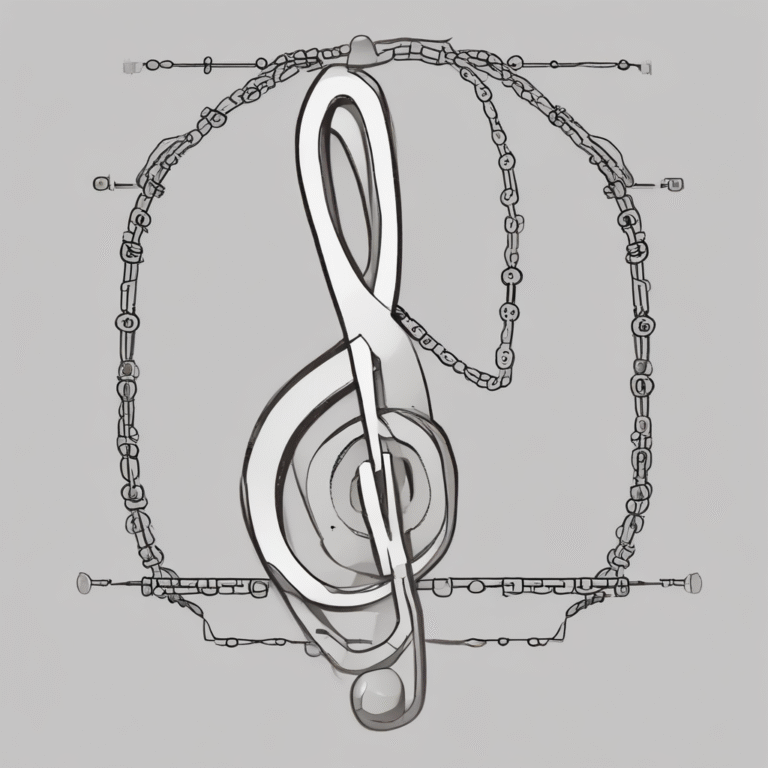European Musicians Object to Path of EU AI Act Implementation
As the European Union (EU) progresses with the implementation of the European Artificial Intelligence (AI) Act, a significant backlash has emerged from the music community. A collective of thirty-one artists across Europe has voiced their concerns regarding the Act’s ability to protect artists and their rights, prompting a campaign titled “Stay True to the AI Act.”
Campaign Against Legislative Erosion
The artists argue that the EU is watering down legislation that should provide robust protections for creators. The campaign emphasizes that while the AI Act is meant to safeguard artists, its current trajectory fails to hold AI companies accountable for their use of copyrighted materials.
The AI Act came into effect on August 1, 2024, with most provisions applying from August 2, 2026. However, significant compliance requirements for prohibited practices were set to take effect by February 2, 2025, due to the unacceptable risks associated with certain AI applications.
General-Purpose AI Code of Practice
Recently, the EU Commission published “The General-Purpose AI Code of Practice,” developed by thirteen independent experts with input from over 1,000 stakeholders. This Code aims to clarify governance rules and obligations for general-purpose AI models, with compliance expected by August 2, 2025.
However, the campaign’s joint statement criticized the Code for creating legal uncertainty and misinterpreting EU copyright law. It stated that the Code does not provide a meaningful framework for compliance, suggesting that it sets the bar too low for authors and performers to protect their rights.
Concerns from the Creative Community
In addition to musicians, writers, translators, and journalists have also expressed their objections to the Code. They claim it inadequately addresses the feedback from the creative community and fails to impose sufficient demands on AI companies. The European Writers’ Council highlighted that the final draft contains weak language that does not obligate AI firms to comply with copyright laws.
Moreover, organizations like Creators for Europe have gathered over 12,000 signatures on an open letter addressed to the Commission. The letter emphasizes that creators’ rights are being systematically eroded under the pretext of promoting innovation and calls for strong and fair regulations.
Industry Response to Final Code
Interestingly, representatives from AI companies have also criticized the final Code. The Computer & Communications Industry Association (CCIA) labeled the Code as imposing a disproportionate burden on AI providers. The organization expressed concerns that the Code creates additional legal uncertainties, particularly regarding complaint-handling mechanisms and vague opt-out processes.
The artists participating in the campaign include notable figures such as Justyna Steczkowska, Poland’s representative for Eurovision 2025, alongside musicians from various European countries. Although some of these artists have utilized AI in their creative processes, they advocate for the use of AI as a tool rather than a means for companies to exploit original works.
Conclusion
The ongoing debates surrounding the EU AI Act and its implications for artists highlight a critical intersection of technology, creativity, and legislation. As the situation unfolds, it is paramount for all stakeholders—artists, AI developers, and regulators—to engage in constructive dialogue to ensure that the rights of creators are upheld in the face of rapid technological advancements.









